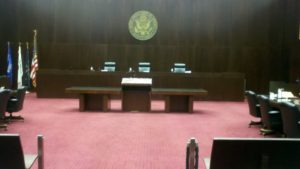
26 November 2018 – On the 31st of October, the United States Court of Appeals for the Seventh Circuit, Judges Flaum, Easterbrook and Scudder, upheld a Western District of Wisconsin’s lower court decision on the matter of Danielle Duncan v. Asset Recovery Specialist, Inc. that hinged upon the issue of whether or not a personal property fee collected by a repossession agency for the lender, was a subject of the FDCPA.
The legal issues and charges related to personal property left in a repossessed vehicle are far reaching and even the Seventh Circuit has indicated that the issues do not necessarily involve the applicability of federal and state debt collection laws.
Danelle Duncan had fallen behind on her car payments, which spawned a repossession assignment to Asset Recovery Specialists, who repossessed the vehicle on behalf of the lender, Wells Fargo Bank.
As is typical of the situation, Duncan had left some personal items in the car and when she attempted to retrieve her property she alleged that Asset Recovery demanded a $100 payment from her. A demand she considered to constitute impermissible debt collection in violation of the Fair Debt Collection Practices Act, 15 U.S.C. § 1692f.
At the initial summary judgment by Judge William M. Conley, the district court disagreed with Duncan’s allegation that the $100 charge was a demand for loan repayment by Duncan, but rather agreed with the defendant that is was an administrative property-retrieval fee that Wells Fargo had agreed to pay.
As such, having partaken in no impermissible debt collection, Asset Recovery was entitled to summary judgment, a decision that was affirmed.
On appeal Duncan emphasized the breadth of the prohibition on unfair debt collection practices in 15 U.S.C. § 1692f, while also underscoring that the prohibitions extend to repossession agents who undertake otherwise prohibited collection efforts on behalf of creditors. See 15 U.S.C. § 1692f(6).
In an effort to distinguish Nadalin v. Auto Recovery Bureau, 169 F.3d 1084 (7th Cir. 1999), Duncan further contended that the facts allowed a conclusion, or at least raised enough of a question to get the case to trial, that Asset Recovery was working on behalf of Wells Fargo to collect $100 to apply toward her defaulted car loan.
The Judges of the 7th Circuit Court of Appeals disagreed, finding that the record on summary judgment from earlier, showed that Duncan was unable to back her allegation that Asset Recovery demanded the $100 fee of her with anything beyond her own say so. Asset Recovery, on the other hand, backed its contrary testimony with the Receipt for Redeeming Personal Property, which expressly established that Wells Fargo, not Duncan, would make the $100 payment.
On the initial summary judgment, Judge Conely stated that Duncan “needed to go further and create a genuine issue of fact as to whether Asset Recovery demanded such a payment on behalf of Wells Fargo as a lender. See id. at 1086 (explaining that a repossessor does not act on behalf of a creditor or otherwise play the role of a debt collector by charging an administrative fee for its own services); Smith ex rel. Smith v. Severn, 129 F.3d 419, 425 (7th Cir. 1997) (underscoring that, to survive summary judgment, the non-moving party must set forth specific facts to establish a genuine triable issue). This Duncan had not done, and, in the face of the evidence brought forth by Asset Recovery and Wells Fargo in discovery, the district court was right to enter summary judgment on their behalf.
In their final conclusion, the Seventh Circuit cited its own 1997 court decision that held that a repossessor does not act on a creditor’s behalf or play the role of a debt collector by charging and collecting an administrative fee for its own services.
Read the Summary Here!




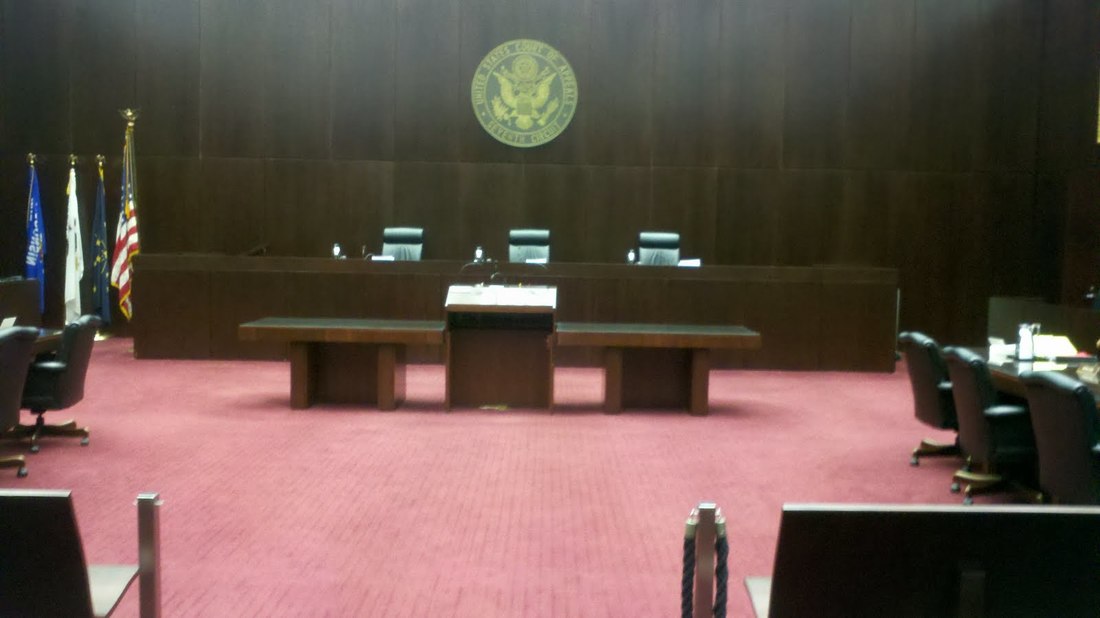


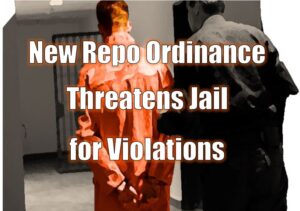
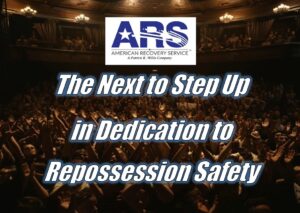


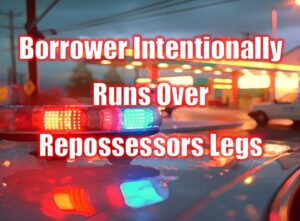
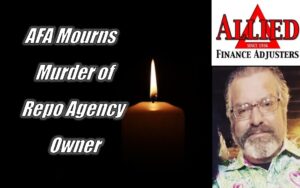
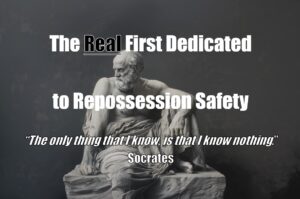
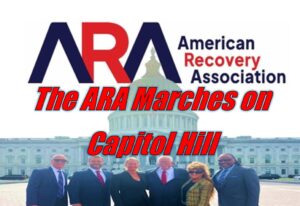

Facebook Comments